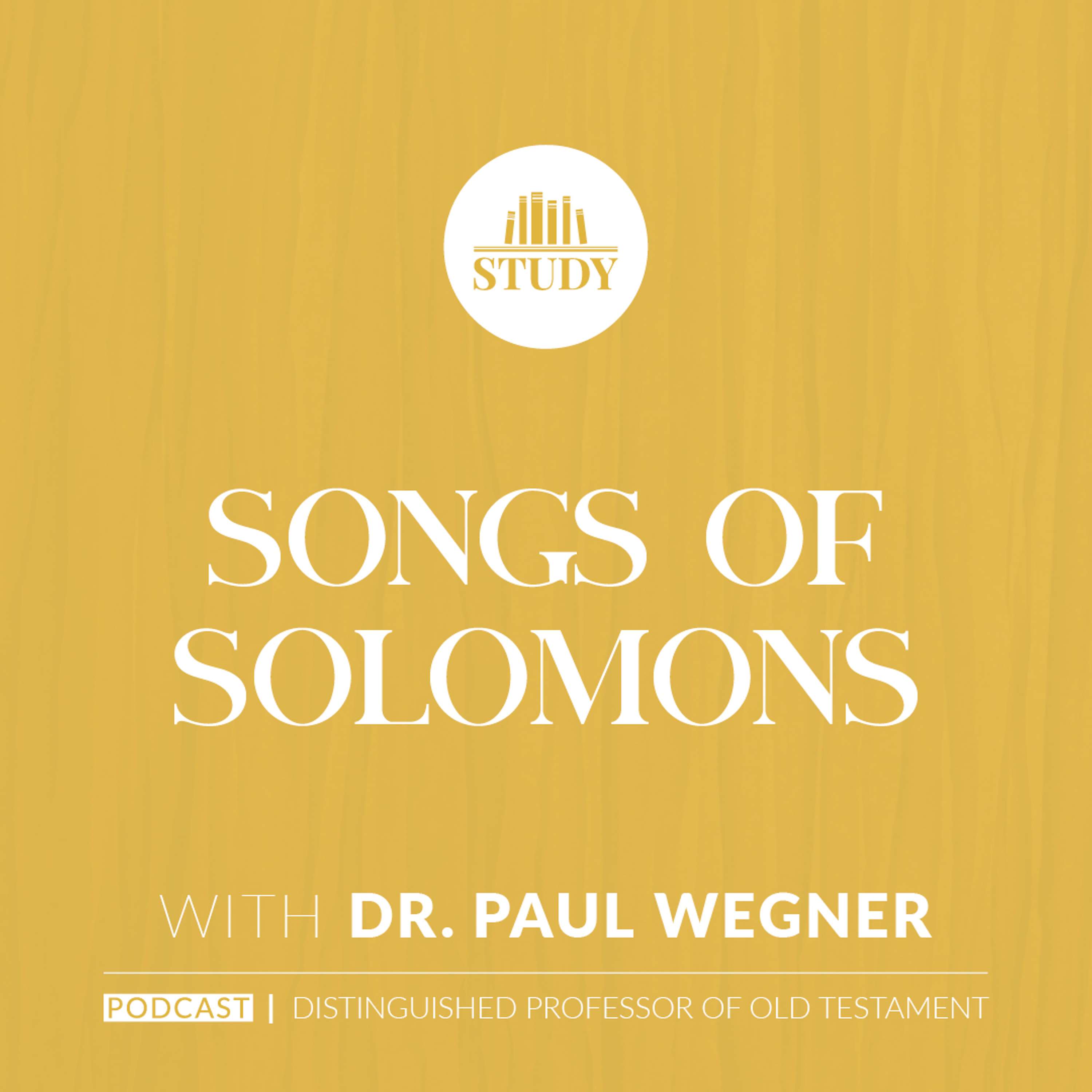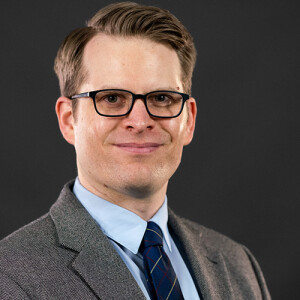One type of troubling email that comes my way is when a disgruntled church member asks me to intervene and correct behaviors by one of our graduates currently serving in pastoral leadership. Many church members assume the Southern Baptist denomination has some means to hold pastors accountable for their behavior. We don’t. They assume seminaries pronounce who is fit for pastoral leadership and supervise their graduates. Again, not our role.
Baptist churches are autonomous which means they are self-governing. We rightly resist any denominational interdiction that threatens that core conviction about church life. Most Christians are quick to defend their church’s autonomy—until they don’t like something being done by the leaders. Then, they want someone to step in and do something about it. Churches can’t have it both ways. Freedom comes with the corresponding responsibility to be self-governing in the truest sense—meaning a church takes responsibility for evaluating its leaders’ behavior, holding them accountable for it, and rewarding/correcting them as needed.
A healthy pastor/church relationship includes a defined structure for accountability—both for the pastor’s behavior as well as for the church’s relationship to the pastor. Typically, Baptist pastors are employed by a vote of their church but no person can be supervised by an entire congregation. A self-governing church can limit the scope of decision-making responsibility by delegating certain tasks to small, church approved groups. This is an essential step in healthy pastoral accountability.
Every pastor should be supervised by an appropriately empowered small group. This can take several forms depending on the church’s overall governing structure. It works best when a group of men (usually a subset of the deacons or elders) relates to a pastor so they can be specific and transparent on sensitive issues—particularly maintaining moral purity. This kind of group does more, however, than focus on preventing negative behavior. It also affirms good leadership, solves minor issues before they become problematic, and discovers ways to strengthen the pastor’s leadership and support his family. Healthy supervision lessens the pressure many pastors feel to please everyone.
In most churches that lack this structure, the pastor will need to initiate its creation. Doing so demonstrates maturity, humility, and willingness to learn from others. Failure to create (and then submit to) an adequate supervisory structure invites long-term conflict.
When a pastor misbehaves, his church has the responsibility for correction. When a pastor is doing a good job, his church is also responsible to affirm him, support him, and facilitate further effective service. The time to put this process in place is when relationships are strong. Don’t wait for a crisis—it will be too late. Pastoral supervision doesn’t diminish pastoral authority or freedom to follow God’s leadership. It simply ensures local church accountability—both in correcting harmful behavior and rewarding healthy leadership.
If you need help working through this in your church, the denomination does have a valuable role. State convention or associational leaders specialize in training, coaching, and guiding churches to better supervisory relationships with their leaders. Make healthier leadership relationships a goal in 2023.
Read More

“Faith is a tree known by its fruits”: The Gisle Johnson Project
The Gisle Johnson Project is a new research endeavor spearheaded by Robb Torseth

Excerpt — Towards a Clearer Understanding of Jonathan Edwards’s Biblical Typology: A Case Study in the ‘Blank Bible’
Dr. Cameron Schweitzer provides new insights into Jonathan Edwards’s often mischaracterized typology.
Listen
Wisdom Books | Songs of Solomon
Have you ever wondered why Songs of Solomon is located after the wisdom books in the Bible? That’s because, it’s a wisdom book! While that might seem strange, there are several interesting elements that prove there is more to Songs than what meets the eye.

A Lifetime of Ministry
Minister Darren Logan joins Dr. Hopkins this week to speak on the effects of raising 8 children overseas and how it impacted their family. He also talks about the cultural differences in California even within the USA, and the importance of slowing down in your prepar

Watch

Jonathan Edwards and the Asbury Revival
Chris Chun and Chris Woznicki discuss the signs of true revival, signs of the work of the Holy Spirit, and why it is important to critically assess the characteristics of revival in a spirit of charity.

Jonathan Edwards and the Baptists | Douglas Sweeney, Nathan Finn and Chris Chun
Dr. Douglas Sweeney and Dr. Nathan Finn joined Dr. Chris Chun for a panel discussion on Jonathan Edwards, recorded live at the SBC Annual Meeting in Anaheim.




